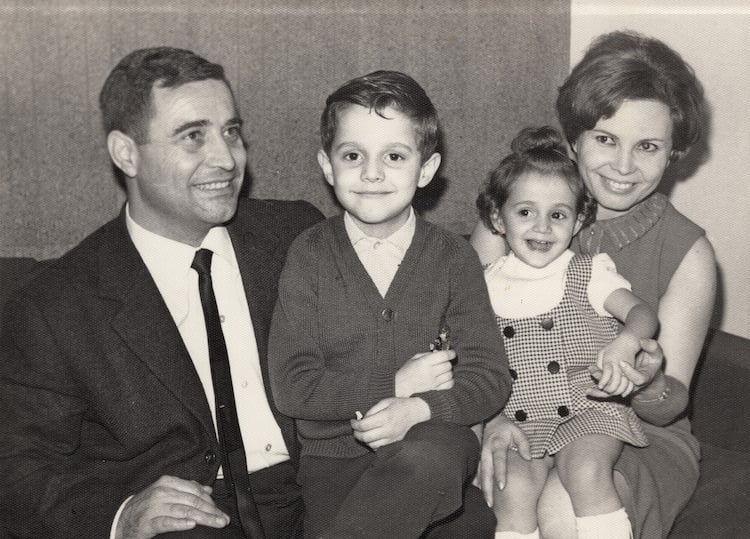Some wellness fads of the ’60s are better left in the past.

The 1960s were a golden era of cultural experimentation, and that included a fair share of oddball health trends. Back then, people were sold on all kinds of “healthy” habits that promised vitality, beauty, or a longer life. But viewed through today’s lens, many of those once-popular routines would have doctors raising their eyebrows—or throwing up red flags.
You’ll probably recognize a few of these habits from stories your parents told or old magazine ads you’ve seen. While they may have been considered cutting-edge or harmless at the time, modern science has come a long way in showing us what actually benefits the human body—and what doesn’t. Here are 11 so-called healthy habits from the 1960s that doctors today would quickly shut down.













